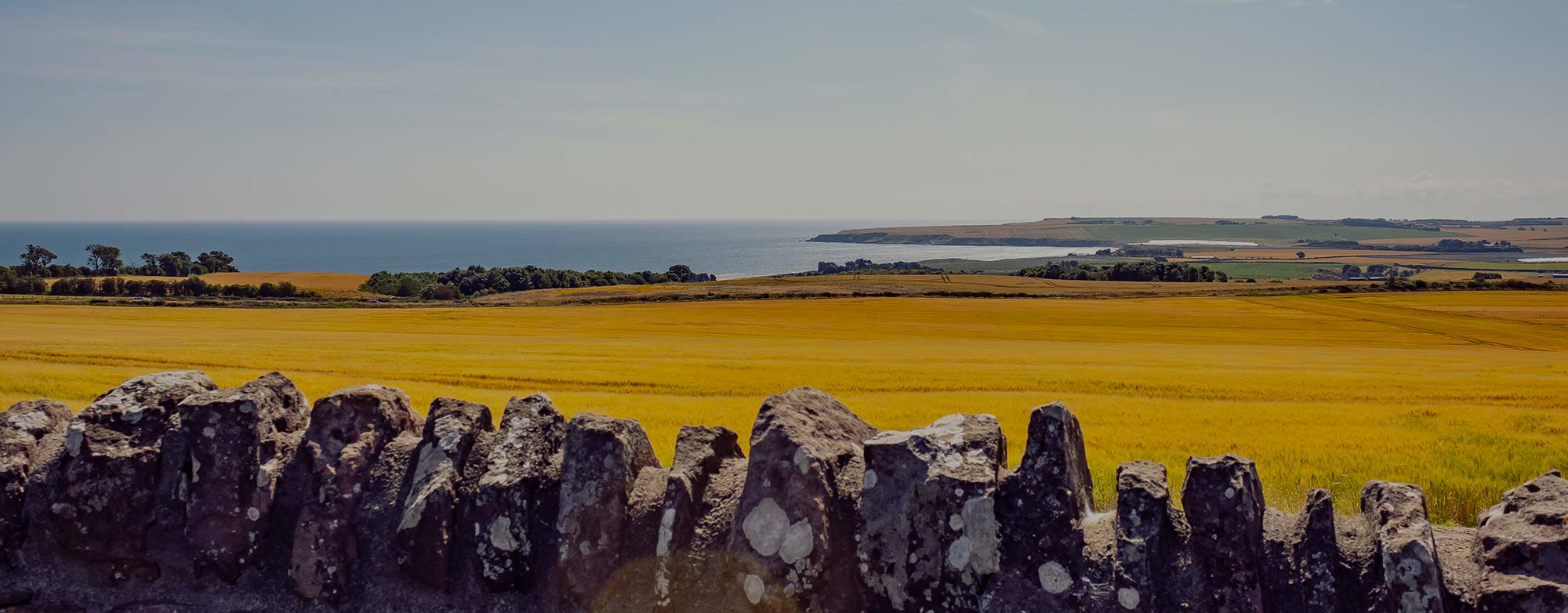
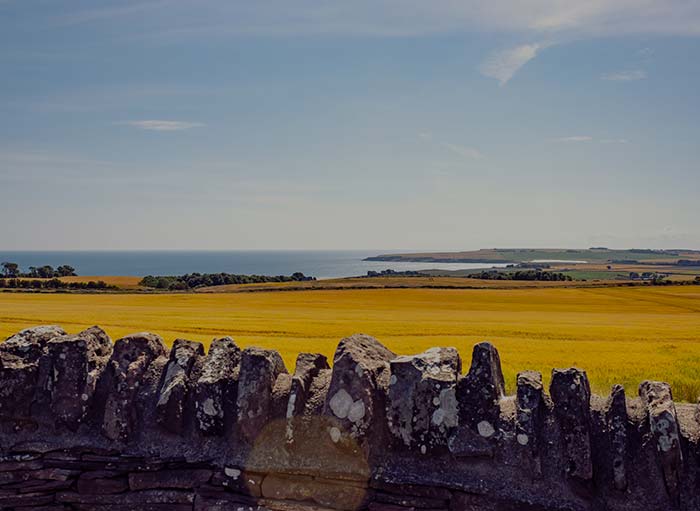


For any gin maker or brand, there’s countless time, investment, hard work and a whole lot more that goes into creating a gin and building a brand. For the gin makers who chose to make their own base spirit, there comes additional challenges to overcome including equipment, space and costs. For the select few gin makers who have opted to make their own base alcohol that features in their Scottish Gin and spirits, we wanted to learn more about what inspired them to create their own spirit, what it means to them as a business, how the local landscape has inspired their process and more.
In the first of our new editorial feature series, we caught up with Gareth Jones, Brand Manager at Arbikie Distillery, which sits on the Arbikie Highland Estate overlooking Lunan Bay in Angus, Scotland. The estate forms part of the working family farm, which has been under the stewardship of the Stirling family since the 1920s. Currently run by brothers John, Iain and David Stirling, the family has traced its farming roots back to the 1660’s. It’s safe to say farming is in their blood, although each of the brothers have had careers away from the farm, the draw of Lunan Bay which the distillery overlooks, drew the brothers back.
With a deep and meaningful connection to the land, the brothers along with their late father set out to create a distillery that produced spirits inspired by the local area, the farm and the people. The family know the land well, with John, Iain and David’s father Alec Stirling having spent nearly all of his working life on the land, pushing the farm forward, adapting and building a legacy that would showcase the very best of Scottish food and drink.
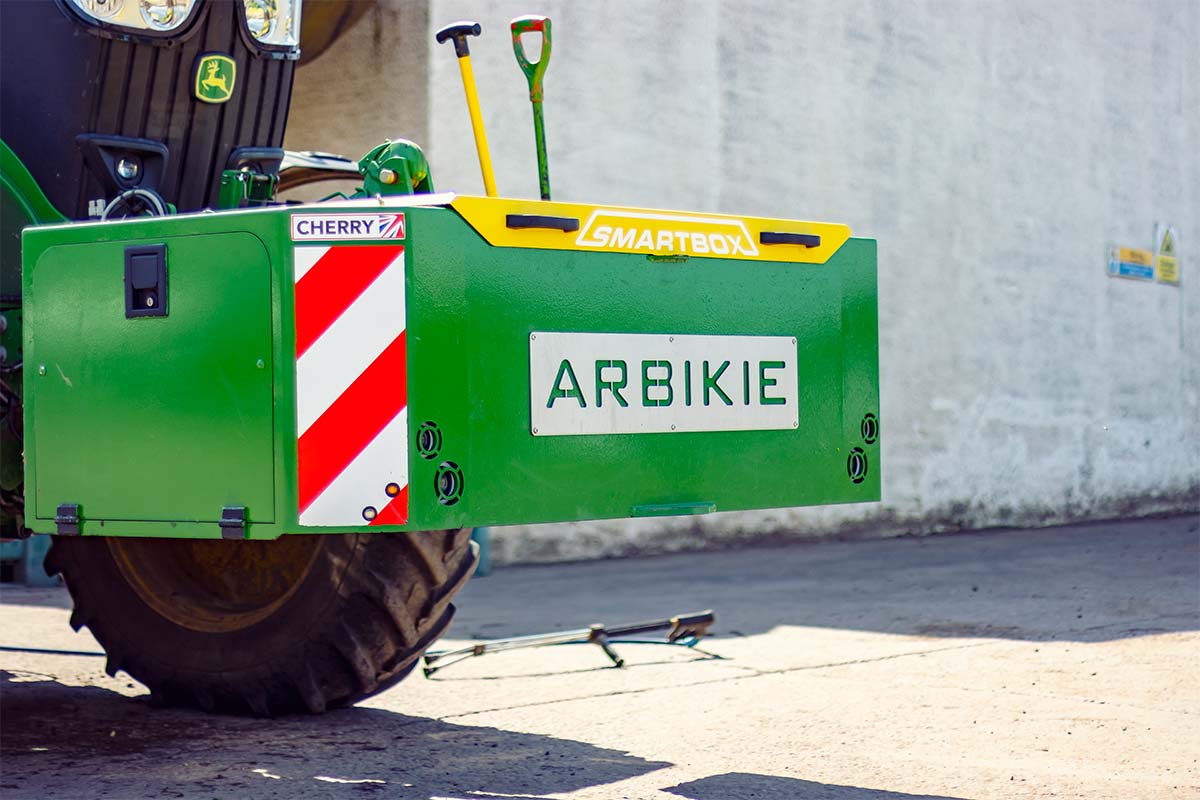
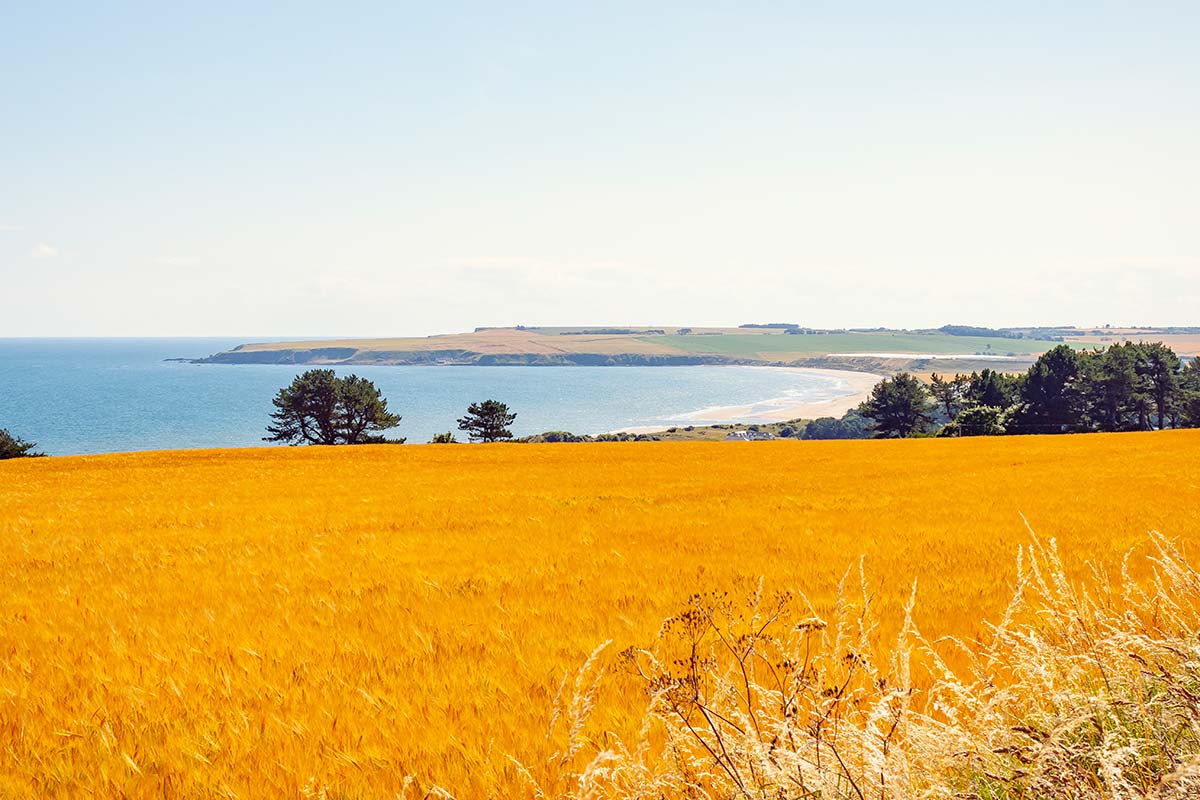
With the ambition of creating a range of premium spirits inspired by and encapsulating the area, the Arbikie Distillery was established in 2013, before launching a potato vodka in 2014 and their first Scottish Gin, Kirsty’s Gin, in 2015. Led by head distiller Kirsty Black, who was listed in the top ten female master distillers in the world by Spirits Business Magazine, and distiller Christian Perez, the Arbikie distillery team has continued to create and explore the best ways of showcasing the landscape and distilling innovation through every spirit that features the Arbikie name.
The distillery was amongst the first of its size and scale in terms of Scottish Gin to produce its own base spirit for use in its products including gin. With a bespoke set of Carl stills and forty plate Carl distillation column, the distillery uses farm grown potatoes or wheat to create the base spirit for their gins and vodkas along with using their own farm grown seasonal barley strains in their whisky production.
As of 2021, the distillery produces three Scottish Gins including the world’s first carbon negative Nàdar Gin, made with a base spirit of farm grown peas. They produce five vodkas which include a smoky chilli vodka and a seasonal strawberry vodka with all ingredients grown on the farm. Lastly, Arbikie have produced a Highland Rye Scotch Whisky, with a selection of other whiskies made with Arbikie’s base spirit maturing onsite at the distillery.
Due to open in the second half of 2021 is the new Arbikie Distillery experience where visitors will be able to learn more about each of the spirits produced at the distillery along with tasting events, tours and guided experiences as well as private VIP experiences and exclusive Arbikie events; the new distillery experiences will have something for everyone along with some breathtaking views over the rolling fields of the farm to the coast.
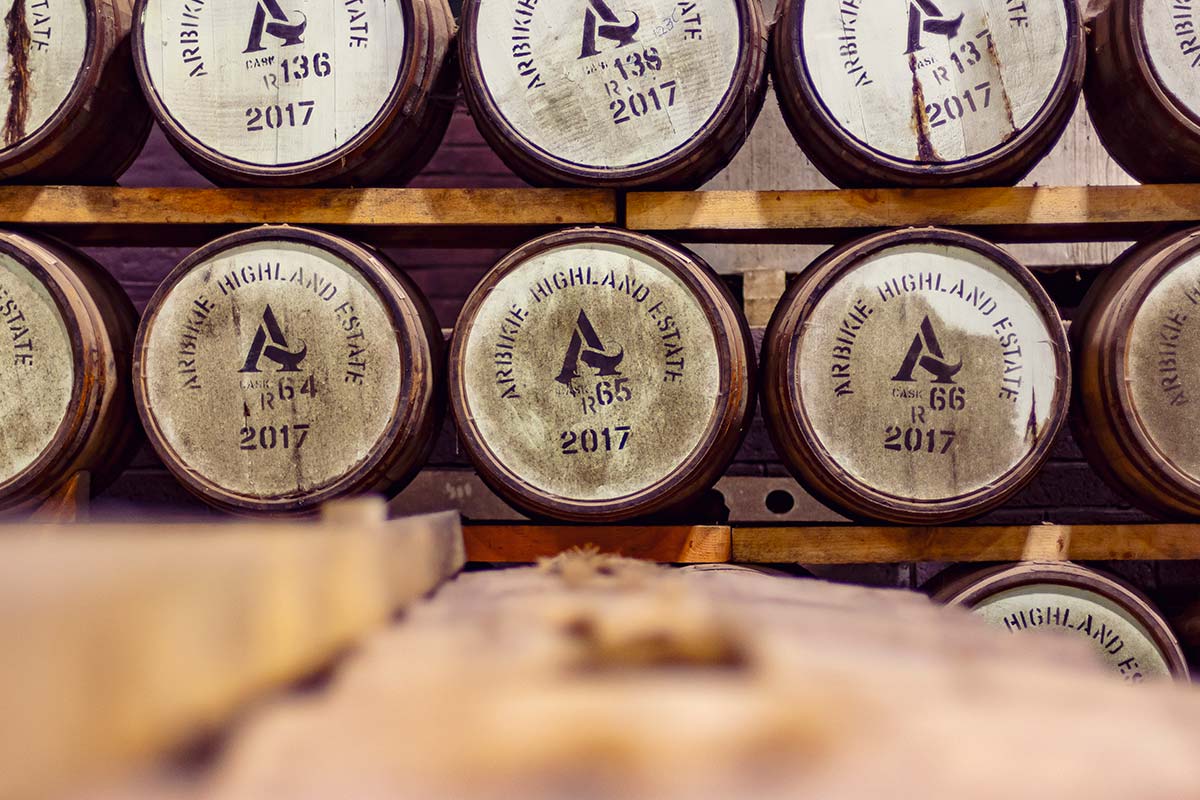
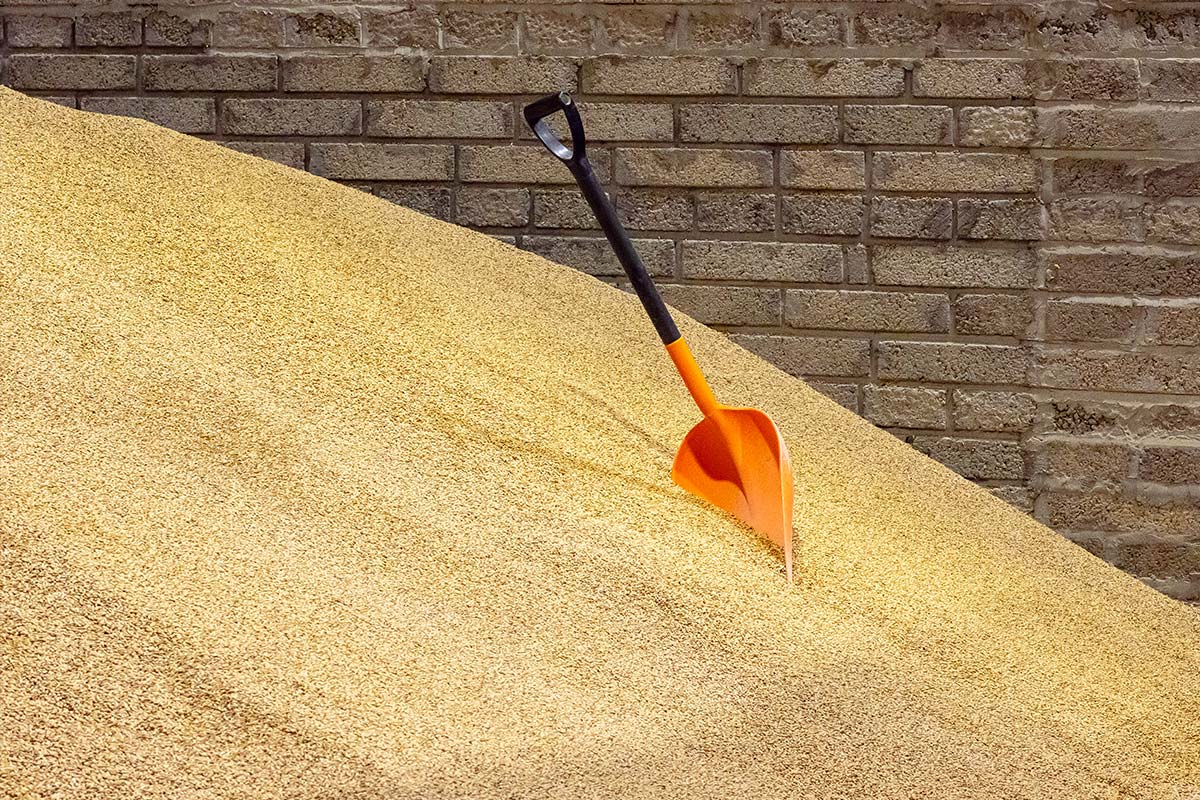
It’s neither the easiest or cheapest option to make your own base spirit, why did you choose to do it this way?
Our base spirit costs between 3 to 5 times as much as generic neutral spirit but our fundamental ethos in setting up Arbikie Distillery was to create spirits that were sustainable, fully traceable and as good as they could possibly be so we felt we had to start right at the beginning of the process. We’ve always put quality ahead of quantity and believe to achieve spirit of the highest quality, you must control as much of the process as you possibly can. For us, this starts in the field; by analysing soil type, climate and different crop varieties, we aim to grow the perfect starting points for all of our spirits, all fully traceable to the field they were grown. Furthermore, this allows us to ensure we are producing as sustainably as possible and to utilise the wide grain and produce types available to make the base spirit. Peas, potatoes, barley, wheat and rye!
Can you tell us about each step of the process you go through making your own base spirit?
Everything we do starts in our fields. We follow a regenerative farming model at Arbikie, which includes a seven year rotational cropping plan that determines what we plant and when. This, combined with a minimal inputs approach, helps us grow our base spirit crops (wheat, barley, rye, peas and potatoes), whilst balancing soil health and encouraging biodiversity.
Once the crops have been harvested, we bring them into the distillery and get to work capturing the unique flavours and nuances each brings to our spirits. The process is tuned to get the best out of each of our raw materials but, in high level terms, each is milled and then undergoes a process known as ‘mashing’ where we extract the sugar from the raw material which, during fermentation, is converted into alcohol. We then have to start distilling – the number of distillations depends on what raw material we are using but, in all cases, we are increasing the alcohol content to over 96% and deciding which components of the spirit make the cut and go on to be used to make our vodkas and gins.
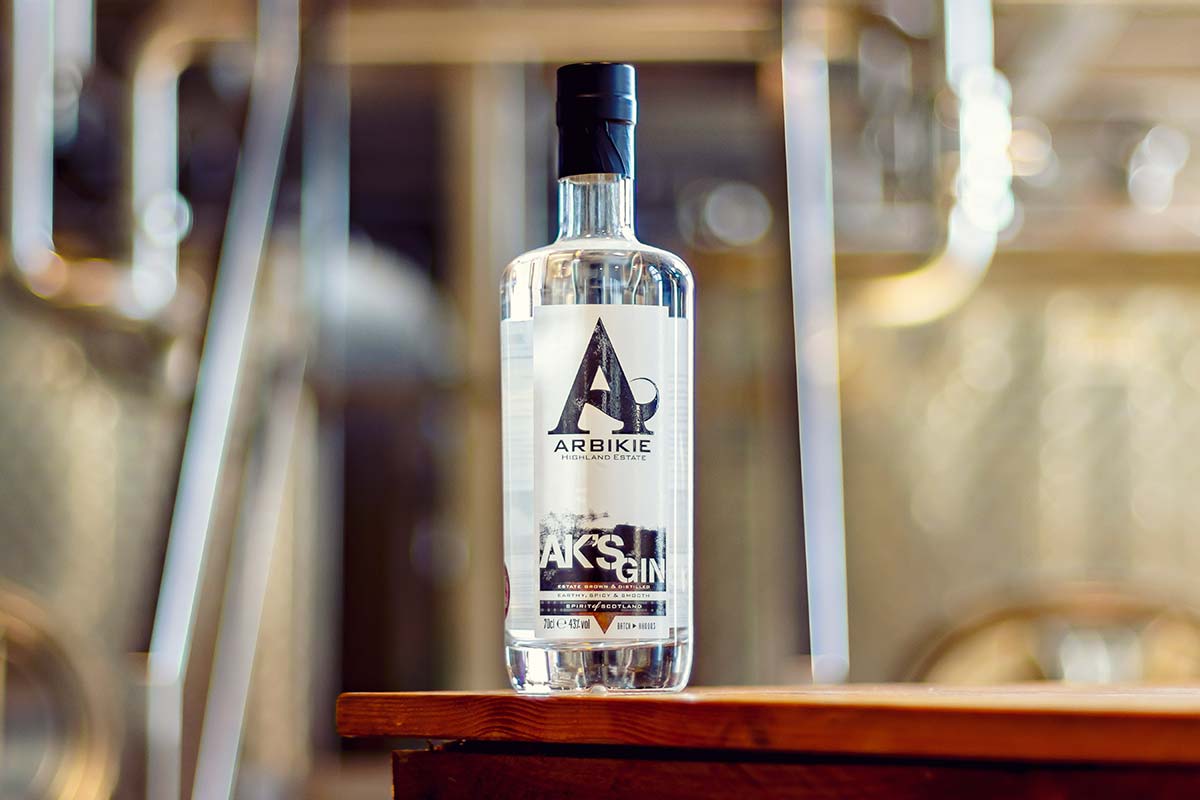
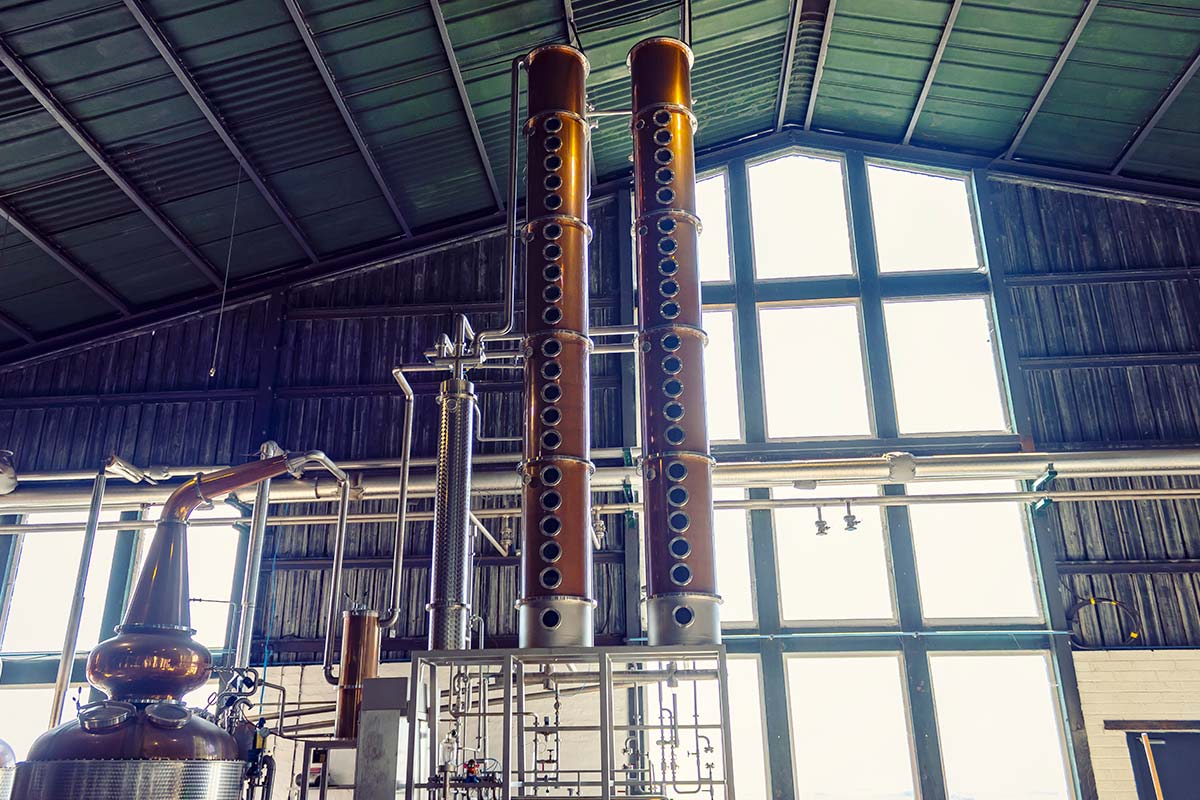
What have been some of the biggest challenges of making your own base spirit?
It would have to be consumer and industry appreciation of understanding the difficulty in producing these spirits and the time and costs involved.
Can you tell us about the stills and equipment you use to create your base spirit?
The majority of our equipment was made by a lovely family run company in Germany called Carl. We designed the distillery to be able to process a variety of raw materials so we have very flexible equipment that we can reconfigure depending on whether we are mashing potatoes, wheat or peas. We have one wash still, a pot spirit still, a column still and a demethyliser – all of our base spirits are distilled through our wash still and our column still with only those with a higher methanol content going through the demthyliser. Our column still is key – it consists of 40 plates with each plate, as the vapours travel through them, increasing the purity and alcohol content of the spirit.
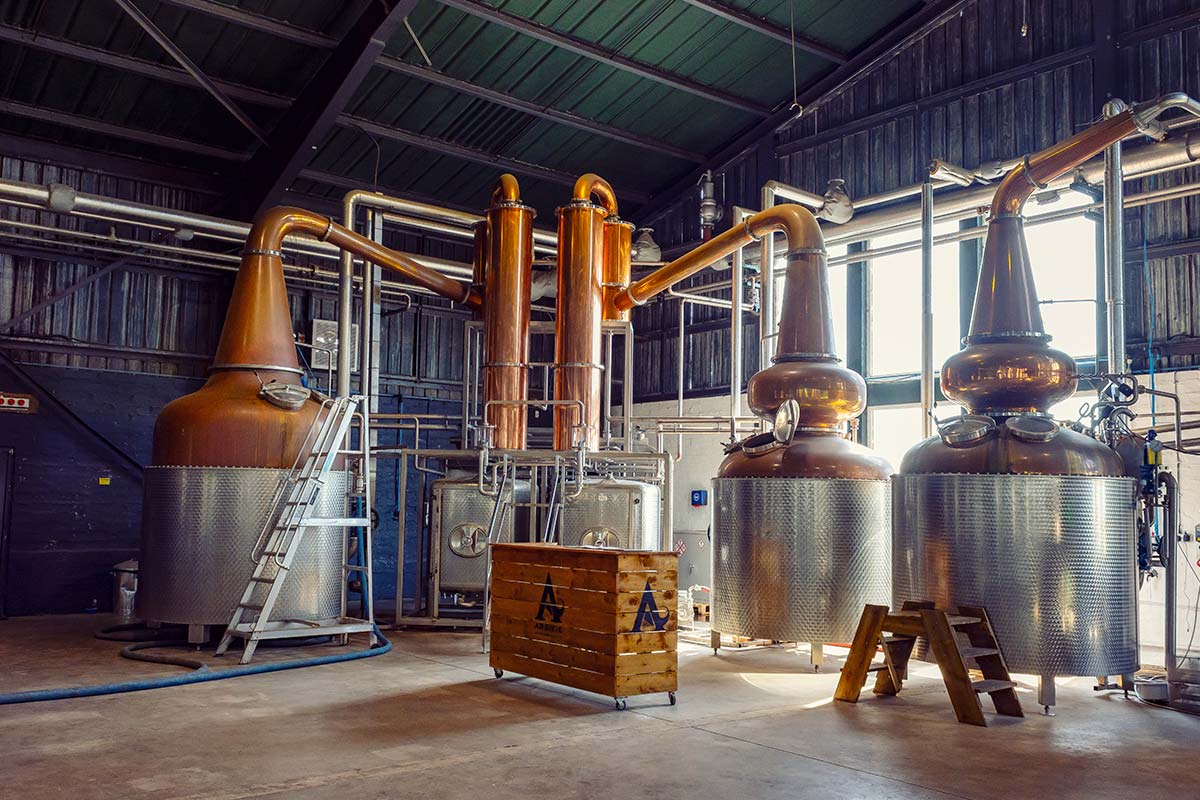
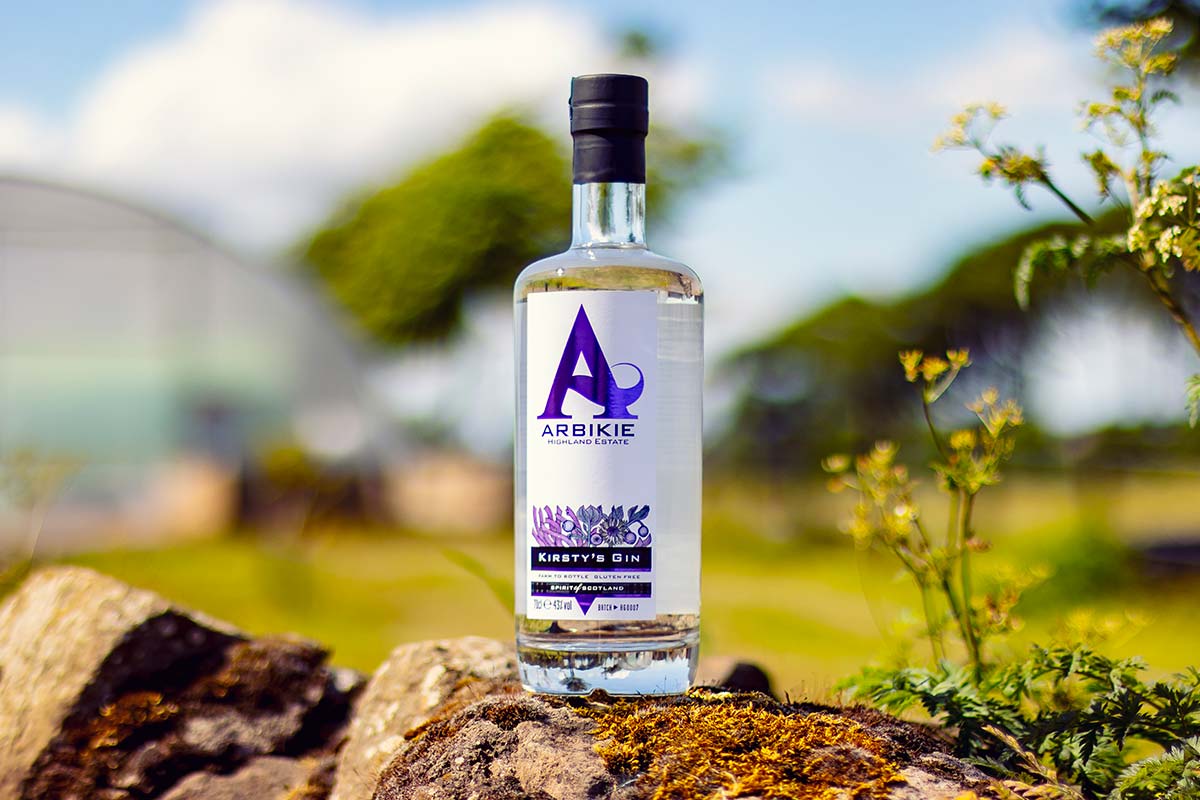
Do you think the landscape and location of the distillery has an impact on the ingredients that you use to make your base spirit?
Yes, we are great believers in the influence of our environment on our spirits. Our location and the Scottish climate directly determines what we can grow and, in turn, what spirits we produce. As farmers, we know the difference between our fields, the individual soil types and the effect of climate. Even our different potatoes produce different vodka flavours.
What does it mean to the business to able to promote your spirits as being made with your own base spirit?
It’s extremely important to us as – we are incredibly passionate about our farm, the crops that we grow and our single estate, sustainable ethos. There are not many that do this and for people to recognise and be excited by what we are trying to achieve is always welcome.
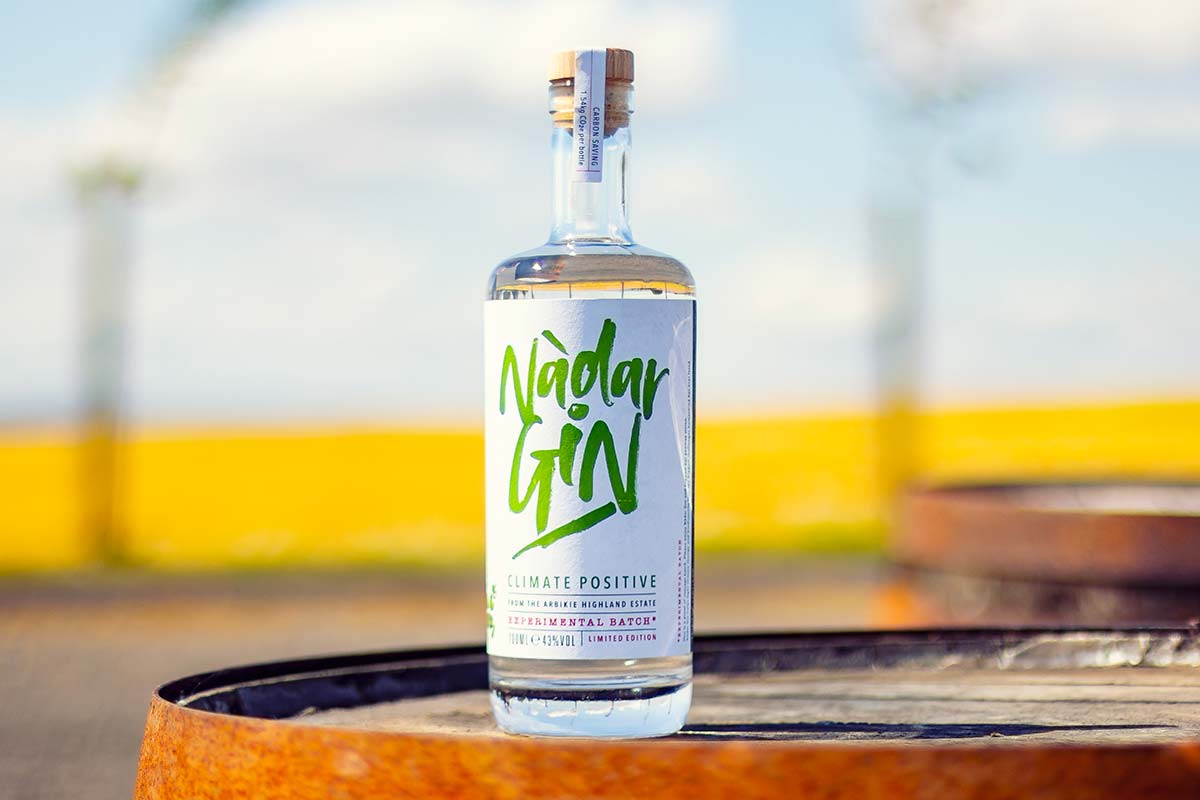
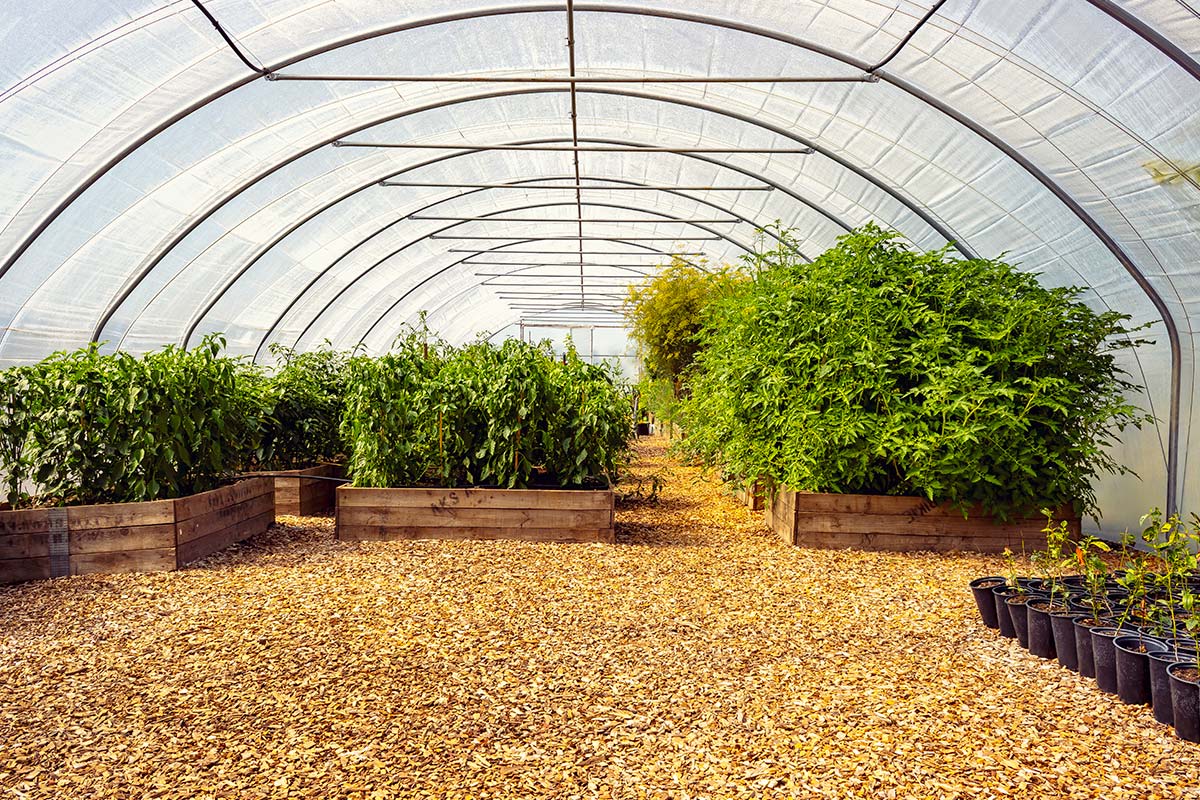
Do you think your base spirit adds something special to your gins and other spirits?
100% – our base spirits are as important as any of the botanicals we use. We match our botanicals to our spirit and vice versa to give a perfect blend of flavours. It’s a complete process for us.
Do you think the Scottish Gin industry as whole could benefit if there was a commercial producer using Scottish crops to create Neutral Grain Spirit? Do you think this would add value to the Scottish Gin category?
We think this is vital long term. It will set the Scottish gin industry apart from competition and set a standard of production and value. Most consumers do not realise that the largest ingredient (by volume) used in Scottish gin is most likely not Scottish made. With a growing focus on sustainability, local sourcing and transparency, we see this changing through demand from the buying industry and consumers.
Would you like to see the term Scottish Gin afforded some form of protection? If yes, what would like to see and if no, why do you think it doesn’t need it?
Yes, and perhaps a specific category of Scottish Gin, which has been made using base spirit produced in Scotland and from Scottish produce would be good too. Something that encapsulates everything we are trying to achieve at Arbikie.
Learn more about Arbikie Highland Estate here.
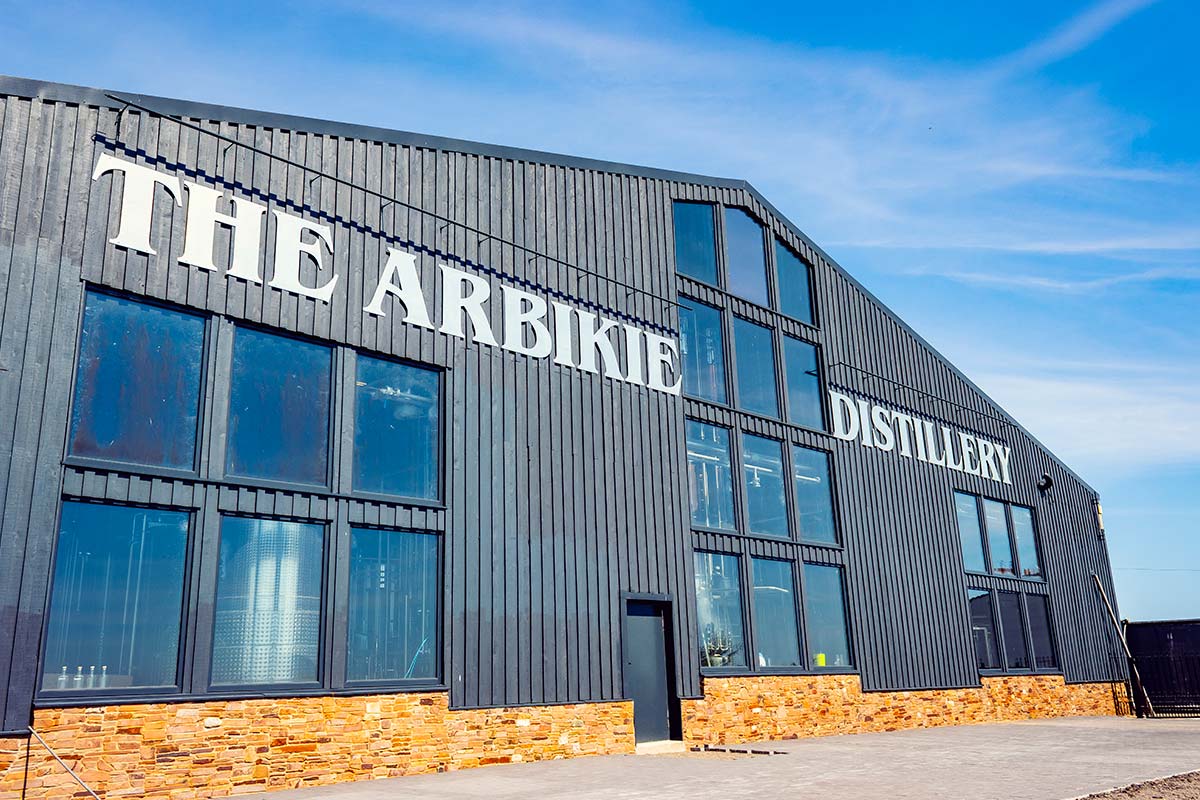
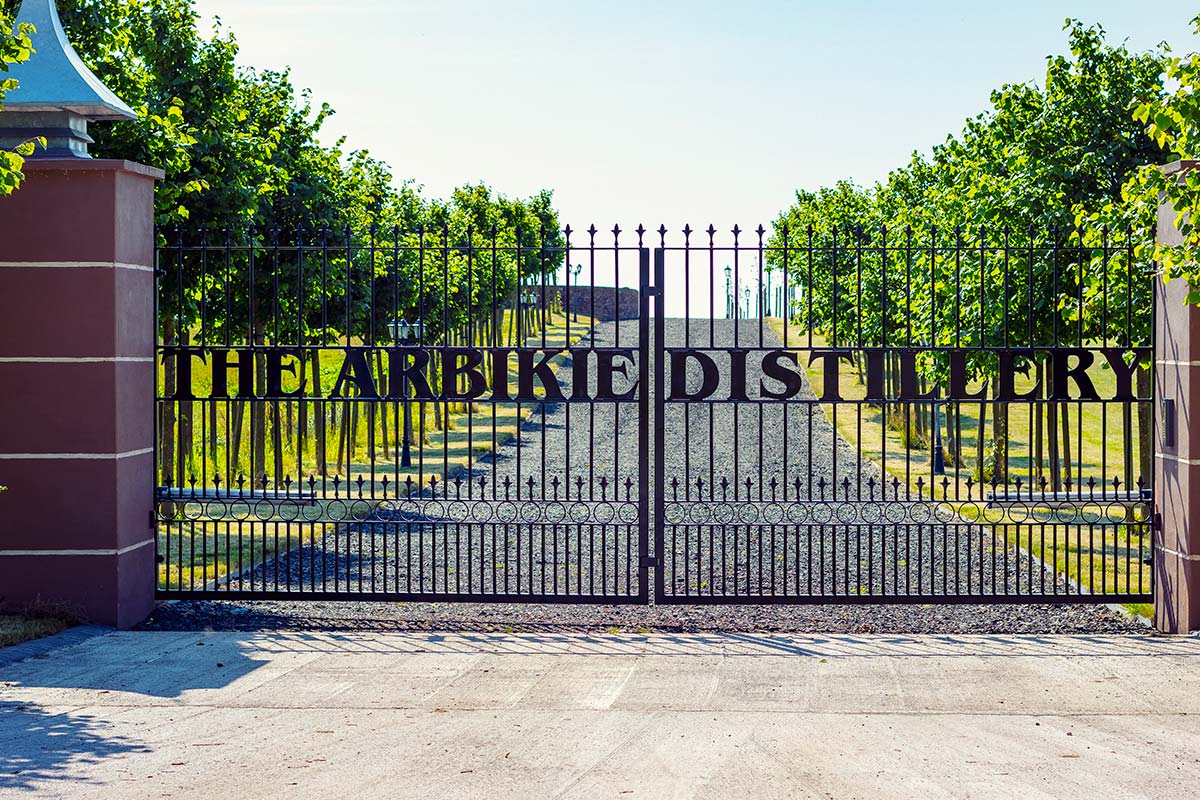
You can learn more about Arbikie Highland Estate by visiting the links below.